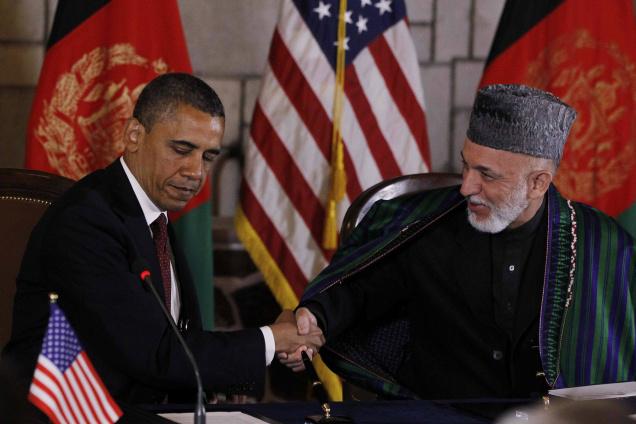Hundreds of thousands of people across the world are joining the anti-racism demonstrations days after the killing of George Floyd in United Sates.
The protests are being held in cities including London, Manchester, Cardiff, Leicester and Sheffield.
Demonstrators attached ropes to the statue of Edward Colston before pulling it down to cheers and roars of approval from the crowd. Images on social media show the statue was eventually rolled into the city's harbour.
It was not the only statue targeted on Sunday. In Brussels, protesters clambered onto the statue of former King Leopold II and chanted "reparations".
The word "shame" was also graffitied on the monument, reference perhaps to the fact that Leopold is said to have reigned over the mass death of 10 million Congolese.
In London, thousands of people congregated around the US embassy for the second day running.
While protests were mainly peaceful, there were some scuffles near the office of Prime Minister Boris Johnson and outside the Parliament gates.
In Hong Kong, about 20 people staged a rally in solidarity with the Black Lives Matter movement on Sunday outside the US consulate in the semi-autonomous Chinese city.
"It's a global issue," Quinland Anderson, a 28-year-old British citizen living in Hong Kong, told The Associated Press news agency.
"We have to remind ourselves despite all we see going on in the US and in the other parts of the world, Black lives do indeed matter."
Several dozen demonstrators took part in a Black Lives Matter protest held in Tel Aviv's central Rabin Square.
A rally in Rome's sprawling People's Square was noisy but peaceful, with the majority of protesters wearing masks to protect against coronavirus. Participants listened to speeches and held up handmade placards saying "Black Lives Matter" and "It's a White Problem".
In Spain, several thousand people gathered on the streets of Barcelona and at the US embassy in Madrid.
Many in Madrid carried homemade signs reading "Black Lives Matter", "Human rights for all" and "Silence is pro-racist".
"We are not only doing this for our brother George Floyd," said Thimbo Samb, a spokesman for the group that organised the events in Spain mainly through social media. "Here in Europe, in Spain, where we live, we work, we sleep and pay taxes, we also suffer racism."






Comments
Add new comment